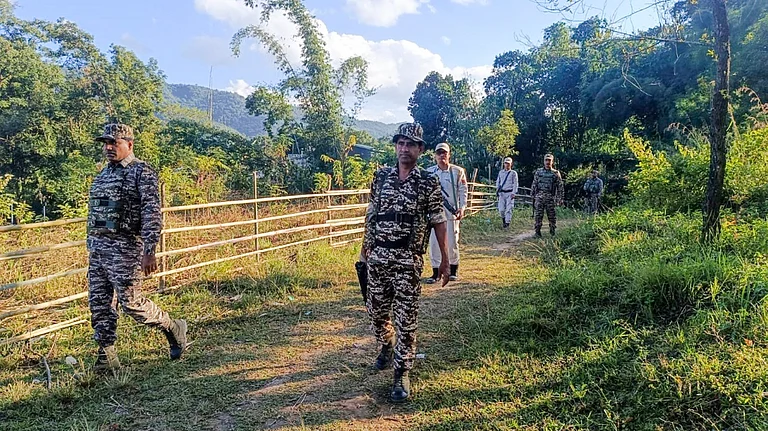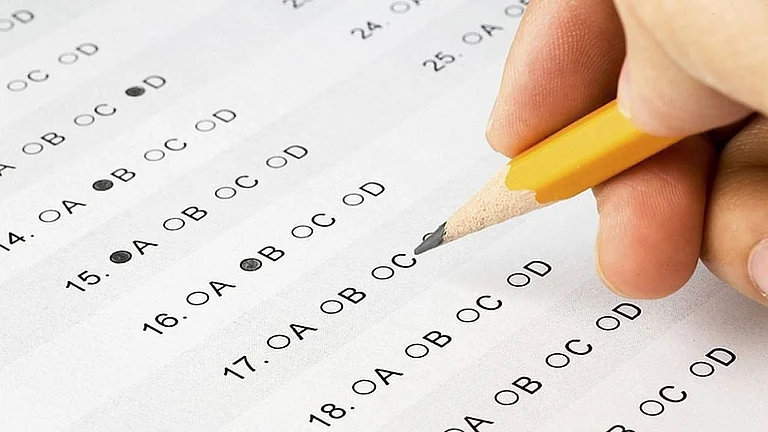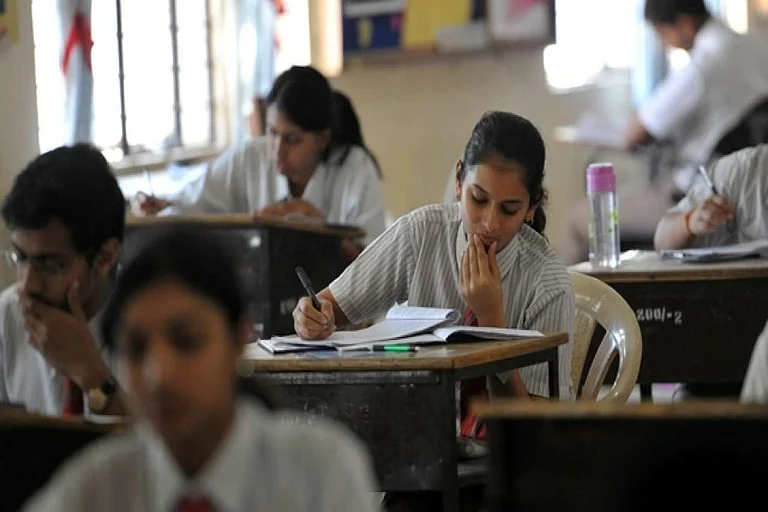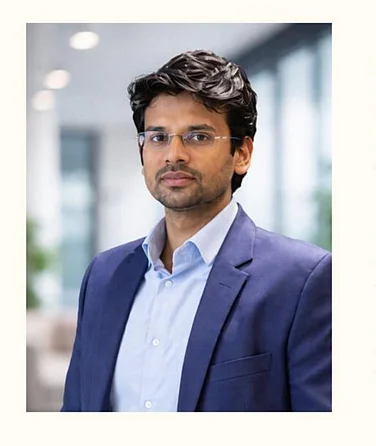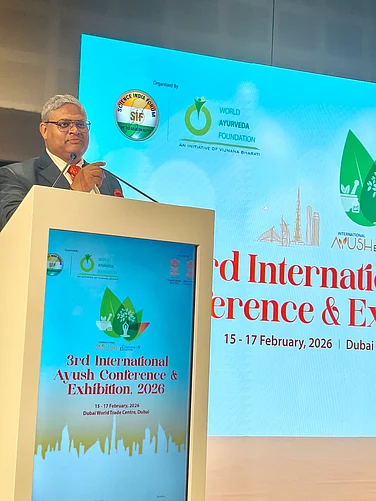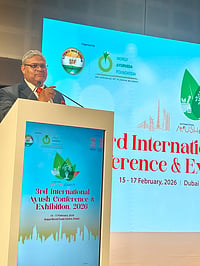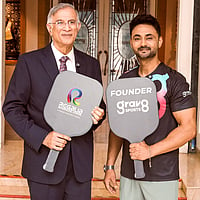Liberal arts education has often been misunderstood as less practical than technical or business-focused degree programmes. However, in today’s rapidly evolving professional landscape, the ability to think critically, communicate effectively, understand diverse perspectives, and adapt to new challenges has become just as valuable as technical expertise. Liberal Arts programmes nurture these capabilities by encouraging students to explore multiple disciplines, question assumptions, and build a holistic understanding of the world. As industries seek individuals who can connect ideas, work collaboratively, and solve complex problems with creativity and insight, the Liberal Arts stands out as a powerful, future-ready pathway — one that prepares graduates to thrive across fields, sectors, and roles.
Q1. How can a Liberal Arts degree compete with more technical or business-oriented programmes in the job market?
A Liberal Arts degree competes strongly in today’s job market because it develops the ability to think deeply, analyse critically, communicate clearly, and adapt across fields — qualities that are becoming more important than narrow technical training. At Somaiya School of Civilisation Studies, students engage with history, philosophy, literature, culture, society and contemporary issues, learning how ideas shape the world and how to interpret complex human experiences. This intellectual breadth is matched with academic depth through majors, guided research, field engagement and interdisciplinary coursework. As industries increasingly seek individuals who can solve problems creatively, work with diverse perspectives, make ethical decisions and lead with clarity, graduates of Liberal Arts programmes stand out as versatile, thoughtful and future-ready professionals who can grow across roles and sectors rather than being limited to a single technical track.
Q2. Isn’t Liberal Arts too broad compared to specialised degrees?
While the Liberal Arts curriculum offers breadth, it is also structured to ensure depth and academic focus. Students pursue a major in a discipline of their choice and may complement it with minors or electives from related fields. This allows them to develop both a comprehensive understanding and subject-specific expertise. The educational approach teaches students not just what to think, but how to think — how to analyse complex issues, interpret various forms of knowledge, and form well-reasoned perspectives. Because industries and societal needs evolve rapidly, the ability to learn continuously and adapt is becoming more valuable than training in a single, fixed skillset. Liberal Arts graduates are prepared for long-term career growth precisely because of this versatility, intellectual curiosity, and capacity to connect ideas across domains.
Q3. What career paths are open to Liberal Arts graduates?
Liberal Arts graduates find opportunities across a wide spectrum of careers. They often build impactful careers in media, communications, policy research, publishing, international relations, consulting, education, and the development sector—ranging from NGOs to cultural and heritage institutions. Many also pursue roles in civil services, think tanks, and consultancy groups, where their analytical depth and broad-based understanding of society and governance add immense value. In corporate settings, their ability to think critically, communicate effectively, and work across diverse teams makes them well-suited for roles in human resources, brand and strategy functions, client engagement, organisational development, and corporate communications. With the growing influence of the digital economy, Liberal Arts graduates also contribute meaningfully to content strategy, user experience research, digital storytelling, and community-building roles. Their interdisciplinary approach and adaptability allow them to navigate shifting professional landscapes and shape career paths that are both dynamic and future-ready.
Q4. How does a Liberal Arts background contribute to leadership development?
Leadership requires the ability to understand context, think independently, evaluate information, communicate effectively, and make considered, ethical decisions. Liberal Arts education nurtures each of these capacities. Students learn to engage with multiple viewpoints, work collaboratively, question assumptions, and appreciate cultural and social differences. They also build confidence in expressing their ideas and leading discussions. This foundation equips them not only to perform tasks but to guide and influence others thoughtfully. In leadership roles across government, business, academia, and civil society, Liberal Arts graduates often stand out because they bring intellectual maturity, emotional intelligence, and the ability to align day-to-day decisions with broader values and long-term goals.
Q5. Why is Liberal Arts particularly relevant in today’s world?
Liberal Arts is particularly relevant today because the world is no longer driven by singular skillsets, but by the ability to connect ideas, analyse complexity, and communicate with clarity. As industries transform and new roles emerge, employers increasingly value individuals who can think critically, adapt quickly, collaborate across domains, and bring fresh perspectives to problem-solving. A Liberal Arts education nurtures exactly these capacities by encouraging students to engage with diverse disciplines, cultures, and modes of inquiry. It develops intellectual flexibility, ethical reasoning, cultural awareness, and strong communication skills—qualities that are essential in navigating a globalised, technology-driven society. In a world where change is constant, the strength of the Liberal Arts lies in its ability to prepare individuals not just for the jobs of today, but for careers that continue to evolve.
Q6. What sets the Liberal Arts programme at Somaiya School of Civilisation Studies (SSCS) apart?
The Liberal Arts programme at the Somaiya School of Civilisation Studies (SSCS) stands out for its distinctive focus on Civilisation Studies and understanding how societies, cultures, ideas, and knowledge systems evolve across time. The programme integrates interdisciplinary learning with academic depth, allowing students to major in fields such as History, Philosophy, Literature, Political Science, Anthropology, or Asian Studies. Somaiya School of Civilisation Studies is part of the Somaiya Vidyavihar University ecosystem, which provides access to diverse academic resources, research centres, cultural initiatives, archives, and libraries. The programme encourages inquiry-based learning, guided research, and meaningful engagement with global and Indian intellectual traditions. This emphasis on cultural perspective, critical thought, and lived context sets SSCS apart in the landscape of Liberal Arts education.
Q7. How does SSCS balance interdisciplinary exposure with structured academic depth?
At Somaiya School of Civilisation Studies, interdisciplinary learning is thoughtfully combined with rigorous academic study. Students declare a major in their chosen discipline to ensure strong subject-specific grounding. Alongside this, they explore related fields and research methodologies, allowing them to connect insights across domains. Courses are designed to encourage analytical reasoning, academic writing, debate, and evidence-based argumentation. Faculty members bring diverse academic and research backgrounds, enabling students to encounter a wide range of scholarly perspectives. This balance allows students to develop both deep expertise and broad intellectual flexibility.
Q8. What experiential learning opportunities are available to students at SSCS?
Experiential learning is a core component of the Somaiya School of Civilisation Studies approach. Students participate in fieldwork, archival research, documentation projects, academic writing workshops, and interactions with cultural and heritage institutions. Somaiya School of Civilisation Studies collaborates with research centres such as those focused on Asian Civilisations and Himalayan and Mountain Studies, giving students opportunities to engage with regional, historical, and sociocultural studies. Guest lectures, study circles, symposiums, and faculty-led research mentorship further enrich the learning environment. These experiences enable students to apply classroom knowledge to real-world contexts and develop a reflective, informed understanding.
Q9. How does SSCS support students in career building and placements?
Somaiya School of Civilisation Studies (SSCS) provides structured support for professional development through portfolio-building, internship opportunities, career workshops, and mentorship. Students are encouraged to create academic and creative portfolios—including research papers, documentation work, reports, and presentations which demonstrate their analytical and communicative strengths. The wider Somaiya Vidyavihar network offers access to organisations in media, culture, research, non-profit work, and corporate sectors. Career guidance is personalised, helping students understand how to frame their Liberal Arts experience in professional environments and identify pathways aligned with their interests.
Q10. Can students at Somaiya School of Civilisation Studies (SSCS) combine their Liberal Arts studies with more professional or technical skill-building?
Yes, students have the flexibility to take electives across other institutions within Somaiya Vidyavihar University, including business, communication, technology, and design schools. This enables them to cultivate hybrid skill sets that combine cultural insight with applied competencies. Students may also pursue internships, workshops, online certifications, and project collaborations that align academic study with practical skills. This integration empowers students to shape their own academic pathways and prepare for careers that value both intellectual depth and practical capability.
Disclaimer: This is a sponsored article. All possible measures have been taken to ensure accuracy, reliability, timeliness and authenticity of the information; however Outlookindia.com does not take any liability for the same. Using of any information provided in the article is solely at the viewers’ discretion.






